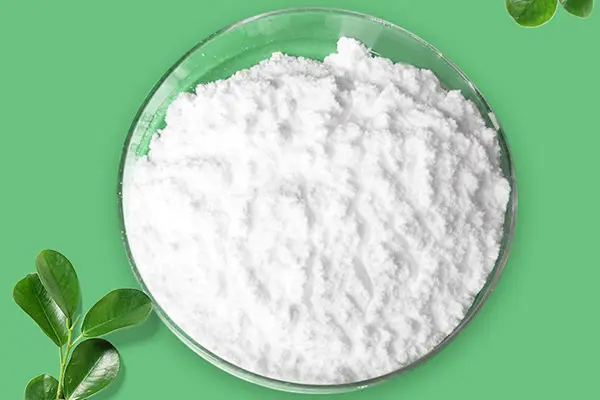Monopotassium Phosphate: Humble Hero or Chemical Hype?
Ever bitten into a juicy apple or admired the vibrant bloom on your roses? Monopotassium phosphate (MKP) might be playing a starring role in these scenes, even if you’ve never heard its name. This humble mineral packs a mighty punch in the world of agriculture and beyond, but like any good actor, it needs the right stage to shine. Let’s explore the many sides of MKP, from its vital role in plant growth to its surprising versatility in everyday products.
Plant Powerhouse: Where MKP Takes Root
For farmers and gardeners, MKP is a superhero in disguise. This potent fertilizer delivers two essential nutrients – potassium and phosphate – in one convenient package. Potassium powers up plants like a tiny battery, fueling cell functions and boosting stress resistance. Phosphate, meanwhile, acts as a key building block for strong roots, healthy blooms, and delicious fruits.
The Price of Plant Performance: Understanding MKP Cost
The price of MKP can vary depending on several factors, including purity, packaging, and brand. It typically falls within the range of $20-$50 per kilogram for granular forms, with liquid concentrates commanding slightly higher prices. But remember, cost isn’t everything. When choosing MKP, consider your specific needs and the plants you’re aiming to empower. A high-quality fertilizer might cost a bit more upfront, but its potent nutrients can offer greater value in the long run by yielding healthier harvests.
Beyond the Farm: Unmasking MKP’s Hidden Talents
While agriculture might be MKP’s bread and butter, its talents extend far beyond the fields. This versatile mineral pops up in unexpected places, proving that even humble heroes can wear many hats:
- Food and Beverage: MKP can act as an acidity regulator in some food products and even contribute to the fizz in your favorite bubbly drink. So, next time you raise a toast, you can thank MKP for keeping things bubbly!
- Medicine and Healthcare: MKP plays a role in some pharmaceutical products, helping to stabilize and improve the delivery of essential nutrients.
- Industrial Applications: From fire retardants to metal treatments, MKP’s unique properties find their way into various industrial processes.
The Bottom Line: Is MKP a Friend or Foe?
Like any powerful tool, MKP needs to be handled responsibly. In moderate doses, it’s a valuable asset, but overuse can lead to imbalances in soil and potentially even harm to plants. It’s vital to follow recommended application rates and choose fertilizers specific to your plant’s needs. Remember, even heroes can overstay their welcome if they’re not wielded with care.
Conclusion: A Star in Its Own Right
So, the next time you bite into a plump fruit or marvel at a vibrant garden, take a moment to appreciate the quiet heroes like MKP. This unassuming mineral might not be flashy, but its power to nourish plants and contribute to everyday products makes it a star in its own right. With responsible use and a respect for its strengths, MKP can continue to play a vital role in a greener, healthier world, proving that even the smallest heroes can have the biggest impact.
FAQ:
Q: Are there any natural alternatives to MKP fertilizers?
A: Absolutely! Compost, manure, and other organic amendments can provide plants with essential nutrients while supporting healthy soil ecology. While natural options might not offer the same concentrated punch as MKP, they can be a sustainable and beneficial choice for many gardening needs. Remember, the best approach often involves a balanced mix of both conventional and organic practices.
So, explore the world of MKP, from its roots in agriculture to its surprising versatility. Use it wisely, appreciate its power, and watch your plants (and maybe even your bubbly drinks) flourish!
Post time: Dec-18-2023











